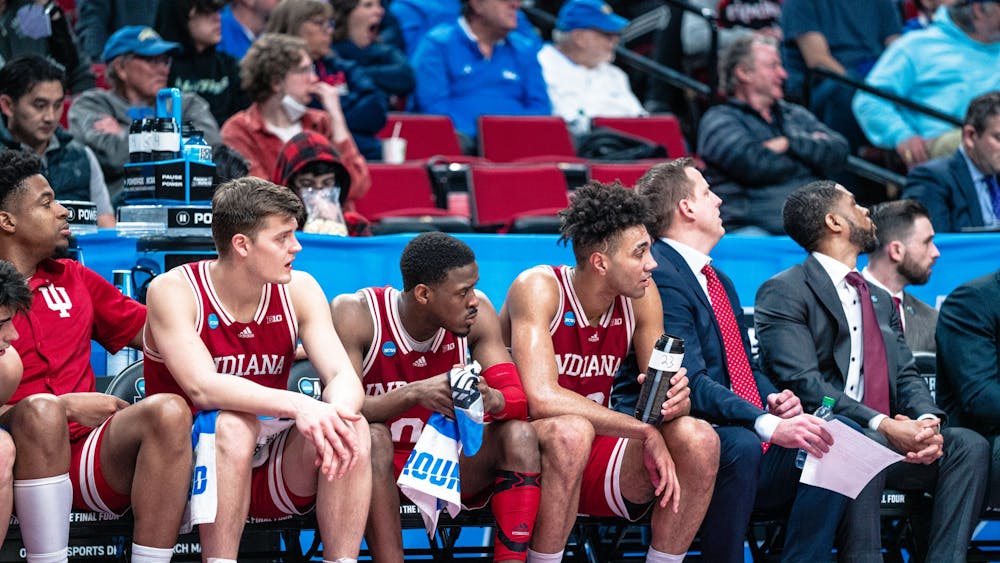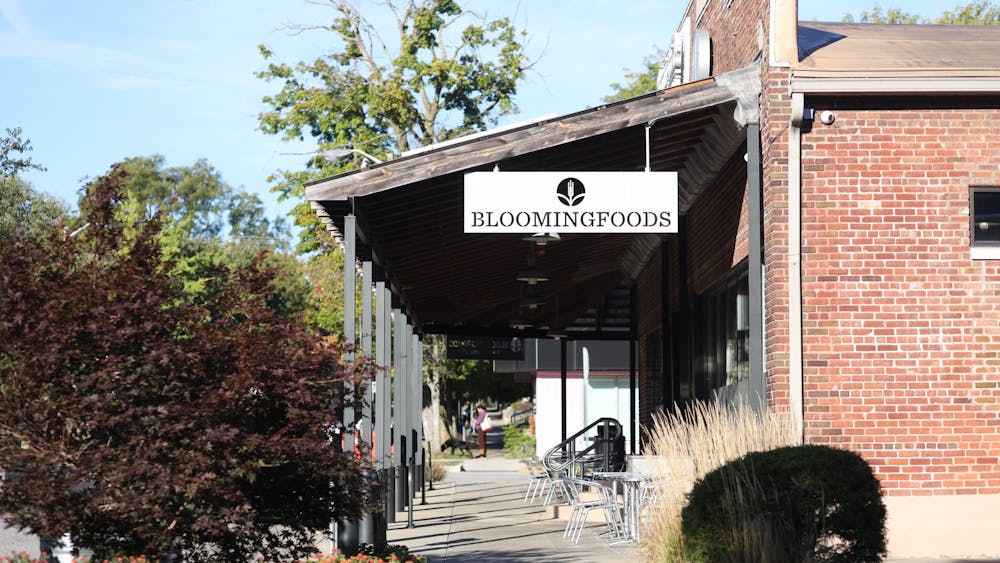The installation was the end result of a large movement to bring solar energy to IU’s campus, said Ellie Symes, the financial director of the Student Sustainability Council.
According to its website, the Student Sustainability Council brings together representatives from various other student organizations to advance issues of sustainability on the IU-Bloomington campus. Kathleen de Onís, an intern at IU’s Office of Sustainability, said the SSC was very influential in the development and funding of the project. The council generated a large sum of money through its “Check the Box” campaign, Symes said.
“When you go to register for classes, there is a list of optional fees,” Symes said. “The IU Sustainability Fund is one of those, giving students the option to donate $5. We generated about $20,000 for this project through donations, meaning roughly 4,000 students gave money.”
Along with the SSC, Residential Programs and Services played a role in the funding of the project, also giving $20,000, Symes said.
Another important source of funding was a grant of $1,500 given to IU’s Fossil-Free Coalition by the Earth Island Institute, a non-profit environmental group located in Berkeley, California. De Onís, a member of the coalition, authored and submitted the grant proposal on behalf of the coalition last May.
“I was looking for a way that I could contribute to the University’s efforts by trying to generate some kind of funds to help removal energy projects along,” de Onís said. “We liked the solar panel project, so we decided to give the money to it.”
The panel converts ultraviolet rays to heat water within the center building of McNutt Residence Center. The water is used in the building’s cafe, laundry facility and bathrooms, Symes said.
The panel was created by Solar UV Solutions, an Indianapolis-based company that works on business solar-heating solutions. The official name of the product is the SunQuest 250. The heat produced by the panel is 100 percent natural and renewable according to the company’s website.
The SunQuest 250 differs from other types of solar panels in its physical properties, de Onís said. The panel has cylindrical tubes, which traditional flat panels don’t have.
“The reason it’s really cool is that these thermal collectors are cylindrical, so no matter where the sun is, they can catch it,” de Onís said. “And even if there isn’t sun, they continue generating energy because they are picking up UV rays, which many other panels can’t do.”
On average, the panel generates energy for about 10 to 11 hours per day, a much longer period of time than other panels can, Symes said. According to Solar UV Solution’s website, the cylindrical nature of the tubes allows the panel to catch UV rays whenever the sun is above the horizon.
The Physical Plant at IU will monitor the panel throughout the year to measure its effectiveness and see how much money is being saved, Symes said. If the numbers show the project works, Symes said she believes the University could install more panels in the future.
De Onís said at the end of the day, the project was a student-based effort.
“It really is a student project in a lot of ways and made possible by students, maybe indirectly in some ways as well,” de Onís said. “It’s important to stress that students are leading the charge, even if it might not be obvious. I hope that motivates more people to think about sustainability, which impacts us all.”





